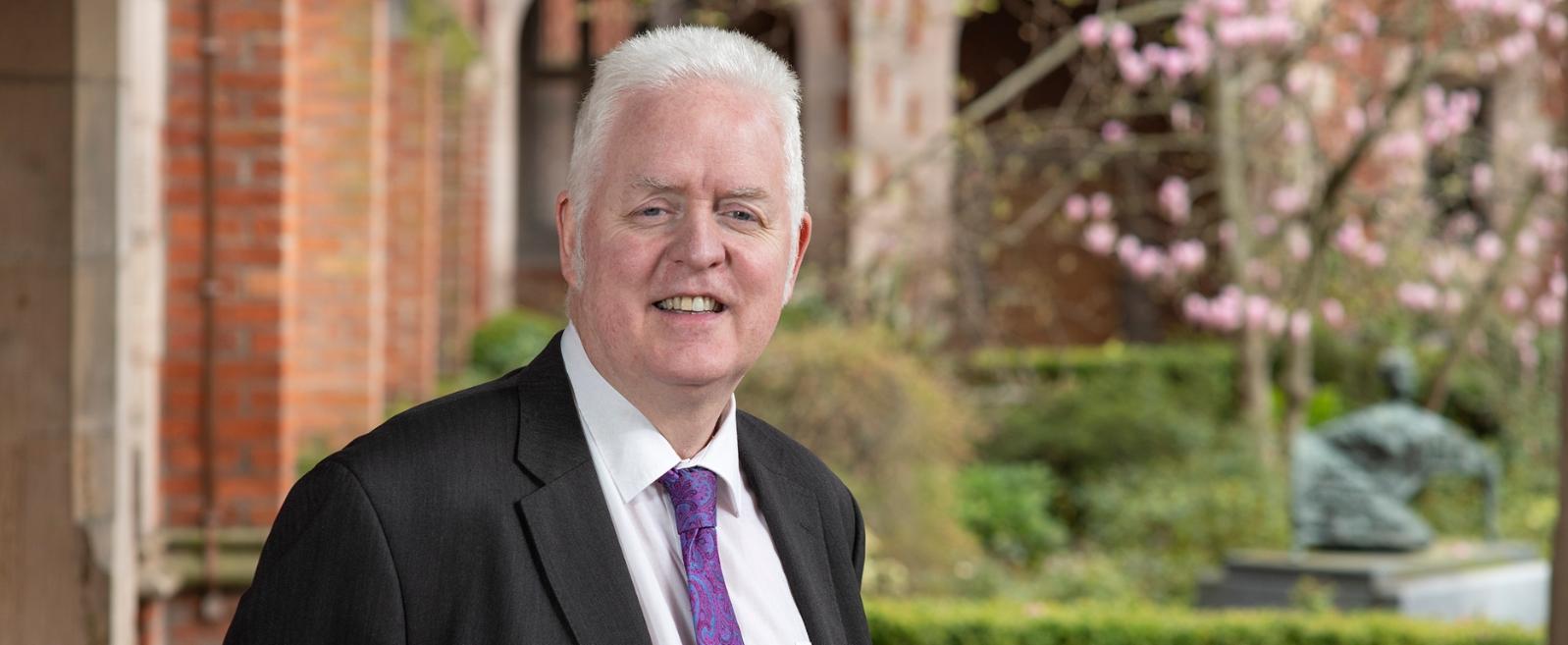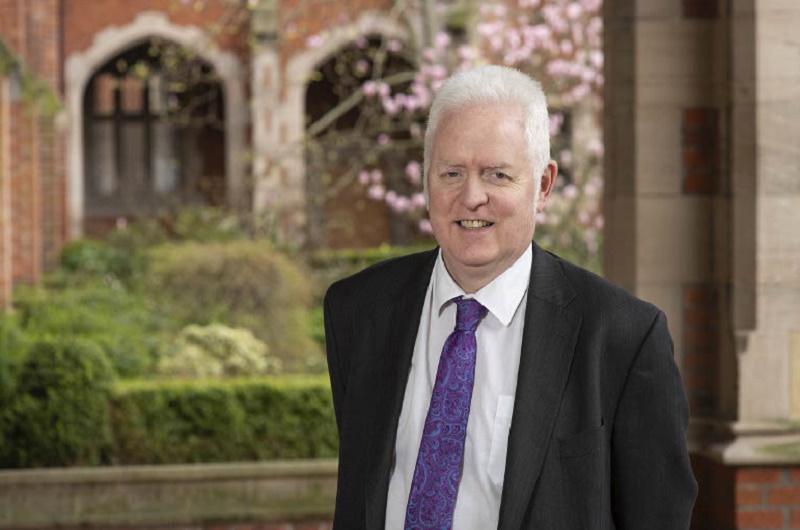Study shows how Belfast/Good Friday Agreement enhanced cancer research, saving thousands of lives
New research led by Professor Mark Lawler from Queen’s has highlighted the significant positive impact the Belfast/Good Friday Agreement has had on cancer research, cancer care and cancer outcomes across the island of Ireland in the last 25 years.

The research has been published in the European Journal of Cancer
Between 1998-2021, the study found that there was a 13-fold increase in the number of research papers published jointly between cancer researchers in Ireland and Northern Ireland. It also showed there was a 45-fold increase in research papers involving collaboration between Ireland, Northern Ireland and the United States (US).
In addition, the study highlighted the vastly increased quality of research, with more papers being published in high impact journals. Professor Lawler and his team developed a quality index which showed a 5.5-fold increase in the quality of joint papers published by cancer researchers from Ireland and Northern Ireland between 1998 and 2017.
This significant increase in quality and quantity of cancer research was due to the success that was achieved through the Ireland - Northern Ireland – US National Cancer Institute Cancer Consortium, a unique partnership established in 1999, between the governments of Ireland, Northern Ireland and the US, as a direct result of the Belfast/Good Friday Agreement.
The Consortium enabled over 30,000 cancer patients to be enrolled in clinical trials, gaining access to the latest cancer treatments and therapies, with thousands of lives saved as a result. Over 550 cancer professionals have also been specially trained to diagnose and treat cancer and perform high quality research and innovation.
Outcomes for breast cancer in Northern Ireland went from being the worst in the UK, to the best, in less than two decades. Similar improvements in oesophageal cancer outcomes on both sides of the border is testament to the transformative effect that the Consortium delivered for cancer services across the island of Ireland.
Prior to the Agreement and creation of the Consortium, cancer services were seriously fragmented in Northern Ireland, with wide variations in treatment, evidenced by data that showed, for example, 64% of NI’s surgeons who treated breast cancer were performing less than ten surgical operations per year.
This, combined with lack of adequate screening and essentially a cancer research void, contributed to NI having the poorest outcomes for most cancer types in the United Kingdom (UK). The situation in Ireland was equally fragmented, with, for example, nearly 40 different centres treating breast cancer, again reflecting a lack of specialist high quality cancer care
Professor Mark Lawler, lead author of the study, Professor of Digital Health at Queen’s and co-lead of the All-Island Cancer Research Institute said: “We have shown through this research the significant health dividend that the peace process and the Belfast/Good Friday Agreement have delivered. The unique partnership between Ireland, Northern Ireland and the US National Cancer Institute has been truly transformative, saving thousands of lives.”
Co-author on the study Professor Richard Sullivan, Director, Institute of Cancer Policy and Co-Director of the Centre for Conflict & Health Research at Kings College London, said: “What has been achieved on the island of Ireland is truly amazing. It is now regarded globally as one of the key exemplars of what health diplomacy can achieve.”
U.S. Special Envoy for Northern Ireland Joseph Kennedy III said: “I called out this work at the BIO International Convention in Boston recently. It demonstrates how a transatlantic partnership, fostered by the Belfast/Good Friday Agreement, can drive a research and innovation agenda that delivers tangible benefits for people and societies on the island of Ireland. The potential health benefits for Northern Ireland and indeed the island of Ireland are huge.”
Professor Lawler added: “Healthier societies underpinned by research and innovation are also more productive and more prosperous societies. Working together has been, and must continue to be, the key for the next 25 years. Cancer knows no borders – so why should we?"
Featured Expert

Media
Media inquiries to Sian Devlin at s.devlin@qub.ac.uk